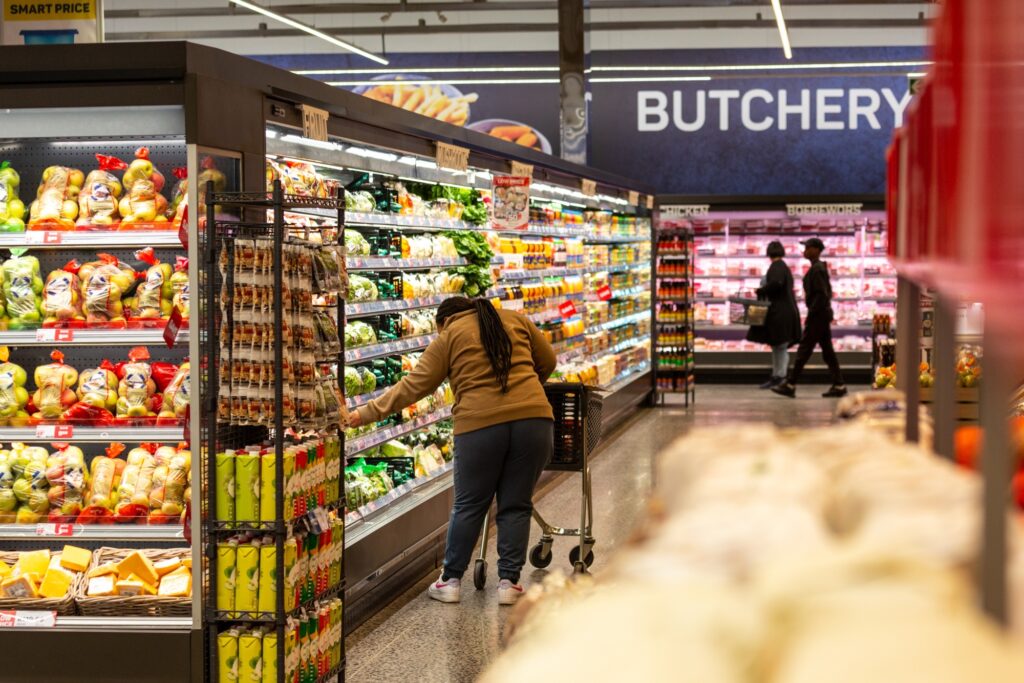South Africa’s public, already grappling with financial constraints, faces an impending rise in chicken meat and egg prices due to the most severe outbreak of avian influenza the country has witnessed. This crisis threatens the R59bn poultry industry, which stands as a primary source of affordable protein for many South Africans.
The H7N6 strain of the virus, previously unfamiliar in South Africa, is rapidly killing chickens and has already led to noticeable egg shortages in Gauteng. About 25% of the broiler-breeding chickens and a third of the egg-laying hens have succumbed to this avian influenza or have been culled to curb its spread.
Chris Schutte, the CEO of Astral Foods, highlighted the gravity of the situation in a recent investor call. He mentioned the current state as being so dire that he receives updates every half-hour. Despite the culling of infected flocks, mandated by the law to contain the disease, the efforts have been insufficient in arresting its spread.
Although it remains uncertain if there will be broader chicken shortages due to the potential to increase imports, the domestic industry’s woes are escalating. The industry, employing over 55,000 individuals, does not receive any government compensation for the mandated culling – a support that poultry sectors in most other countries avail.
Adel van der Merwe, from NuLaid’s eggs and farming operations, emphasized that legal provisions dictate government compensation for such losses. The absence of this support, however, jeopardizes the industry’s sustainability and might even discourage transparent reporting of disease outbreaks.
Anthony Clark, an analyst at Small Talk Daily, lambasted the government’s refusal to support the poultry sector amidst this crisis, noting the discrepancy with practices in other countries. Meanwhile, Schutte indicated that due to the absence of compensation, some farms might be resorting to selling infected birds in markets, thereby complicating control measures and propagating the spread.
Industry veterans, like Shahn Bisschop from Avimune, expressed deep concerns. Calling this the worst avian disease outbreak in his 25-year career, Bisschop, along with the SA Poultry Association, is advocating for the government to grant emergency vaccine permissions to protect the remaining healthy flocks.
The public is now keenly awaiting the Department of Agriculture’s response and strategies to address the crisis and its cascading effects on their daily lives.
